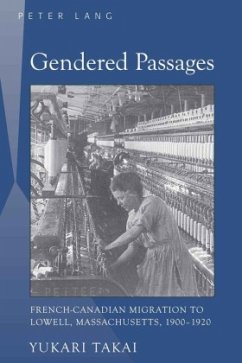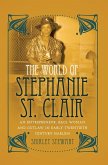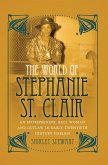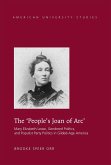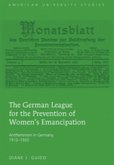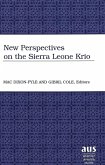Gendered Passages is the first full-length book devoted to the gendered analysis of the lives of French-Canadian migrants in early-twentieth-century Lowell, Massachusetts. It explores the ingenious and, at times, painful ways in which French-Canadian women, men, and children adjusted to the challenges of moving to, and settling in, that industrial city.
Yukari Takai uncovers the multitude of cross-border journeys of Lowell-bound French Canadians, the centrality of their family networks, and the ways in which the ideology of the family wage and the socioeconomic realities in Québec and New England shaped migrants' lives on both sides of the border. Takai argues that French-Canadian husbands and wives, fathers and mothers, sons and daughters harboured complex interpersonal dynamics whereby differing and, at times, conflicting interests had to be negotiated in not necessarily equal terms, but in accordance with each member's power and authority within the family and, by extension, larger society.
Drawing on extensive historical research including archival records, collections of oral histories, newspapers, and contemporary observations in both English and French, Gendered Passages contributes to the re-reading of French-Canadian migration, which constitutes a fundamental part of North American history.
Yukari Takai uncovers the multitude of cross-border journeys of Lowell-bound French Canadians, the centrality of their family networks, and the ways in which the ideology of the family wage and the socioeconomic realities in Québec and New England shaped migrants' lives on both sides of the border. Takai argues that French-Canadian husbands and wives, fathers and mothers, sons and daughters harboured complex interpersonal dynamics whereby differing and, at times, conflicting interests had to be negotiated in not necessarily equal terms, but in accordance with each member's power and authority within the family and, by extension, larger society.
Drawing on extensive historical research including archival records, collections of oral histories, newspapers, and contemporary observations in both English and French, Gendered Passages contributes to the re-reading of French-Canadian migration, which constitutes a fundamental part of North American history.
«'Gendered Passages' is a welcome addition, offering fresh evidence on the underexamined experience of French-Canadian immigrants in New England and at the same time offering new conceptual frameworks for evaluating that experience. Moving beyond an entirely familial perspective, Yukari Takai illuminates the multiple and often conflicting responses of men and women to the opportunities and constraints that mill life offered in the early twentieth century.» (Thomas Dublin, State University of New York at Binghamton; Author of 'Transforming Women's Work: New England Lives in Industrial Revolution')
«With this book, Yukari Takai joins the small group of young scholars who have renewed our understanding of French-Canadian immigrants and their experience in urban/industrial New England. Labor, immigration, and family historians will certainly appreciate Takai's skills in applying gender analysis to the study of a population whose economic survival, at least for the years she covers, rested largely on the waged work of women and children. The centrality she rightly assigns to the migration process has led her to shed new light on patterns of settlement in Lowell as well as on the variety of socialization trajectories in the New England urban context. This accomplishment rests largely on her ability to combine judiciously quantitative and qualitative methods, as well as on her mastery of the literature on immigration and family history.» (Bruno Ramirez, Université de Montréal; Author of 'Crossing the 49th Parallel: Migration from Canada to the United States, 1900-1930')
«With this book, Yukari Takai joins the small group of young scholars who have renewed our understanding of French-Canadian immigrants and their experience in urban/industrial New England. Labor, immigration, and family historians will certainly appreciate Takai's skills in applying gender analysis to the study of a population whose economic survival, at least for the years she covers, rested largely on the waged work of women and children. The centrality she rightly assigns to the migration process has led her to shed new light on patterns of settlement in Lowell as well as on the variety of socialization trajectories in the New England urban context. This accomplishment rests largely on her ability to combine judiciously quantitative and qualitative methods, as well as on her mastery of the literature on immigration and family history.» (Bruno Ramirez, Université de Montréal; Author of 'Crossing the 49th Parallel: Migration from Canada to the United States, 1900-1930')

